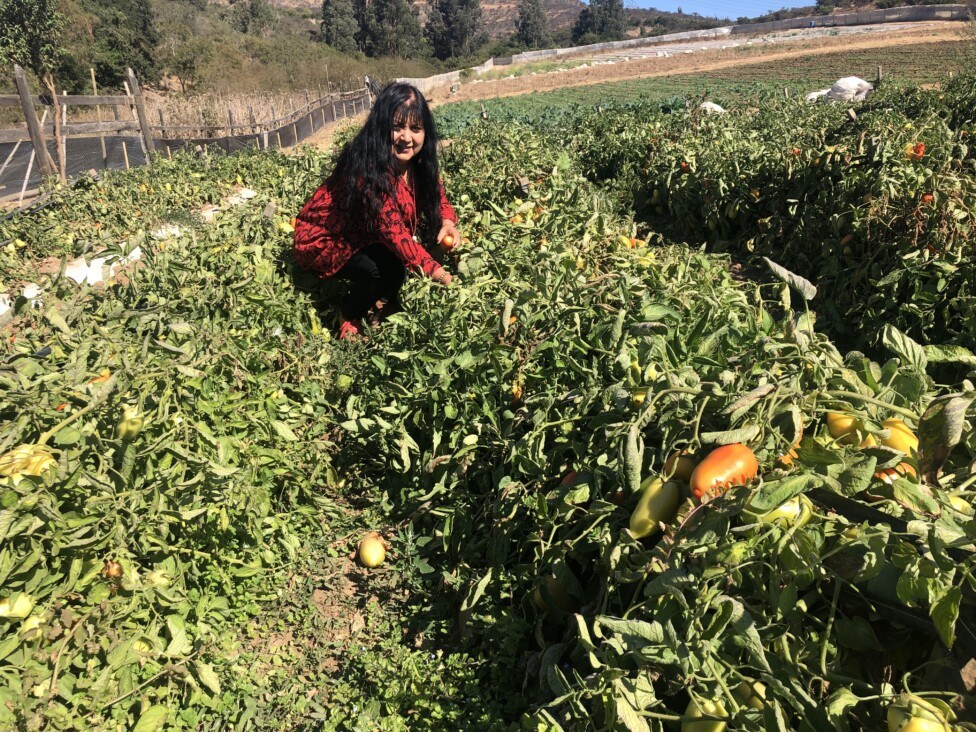
By Orlando Milesi (IPS)
HAVANA TIMES – The lack of water threatens the existence of family farming in Chile, as it forces farmers to reconvert and migrate.
The scarcity is caused by a 15-year drought, but the unequal distribution stems from the Water Code enacted in 1981 during the dictatorship of Augusto Pinochet (1973-1990) that made water a tradable commodity and granted perpetual rights to its owners.
Additional problems include the accumulation of water rights in large agro-export companies and real estate speculation with lands of small farmers forced to sell.
“We don’t have running water for human consumption. In Canela, more than 80% of the population depends on tanker trucks that deliver 50 liters of water per person daily. It’s difficult to live with that amount,” Julieta Cortes, 52, president of the Association of Rural Women of that municipality, tells IPS.
Located in the Coquimbo region, 400 kilometers north of Santiago, Canela was known for its goat farming, which has now been reduced to half. Its farmers previously produced wheat and barley. Today, only a few vegetables are grown, their fruit trees dry up, and their animals die of thirst.
In contrast, the extensive avocado plantations for export have water and thrive on the hillsides facing the dry valleys.
Chile’s agro-export industry is one of its largest sources of income, alongside mining. In 2023, the agro-export sector contributed 3.54% to the gross domestic product, equivalent to US $10.09 billion.
Water problems are concentrated in isolated rural areas that lack technical, economic, and infrastructure capabilities.
“Small farmers don’t have access to water rights controlled by those who have money and can buy and relocate them,” says Cortés in a phone interview.
“The lower part of the Choapa River passes through my municipality (Canela), and none of us who live here have access to the water that stays up high, in the Los Pelambres mining operation and in the large agro-industrial operations along the route,” she explains.

Lack of water is not the issue; inequity is
In the publication Guardians of Water by the German Foundation Heinrich Boll Stiftung, Macarena Salinas and Isaura Becker state that 47.2% of Chile’s rural population lacks formal access to drinking or irrigation water.
In this South American country, around 950 communities are not part of the Rural Drinking Water (APR) program and obtain water from informal sources such as wells, springs, and tanker trucks.
The publication reveals that between 2016 and 2021, the state invested the equivalent of $150 million to supply tanker trucks to areas with water scarcity.
“While APR committees and cooperatives need drinking water and rely on emergency measures, individuals and companies have a water surplus and can profit by selling water through tanker trucks,” say Salinas and Becker.
Therefore, they emphasize, “rather than a lack of water, there is an unequal distribution of the resource.”
The drought in Canela is repeated in other areas of Chile’s long territory, with 19.5 million inhabitants living between the Andes Mountains and the Pacific Ocean.
The rainfall shortage lasted for 15 years,


